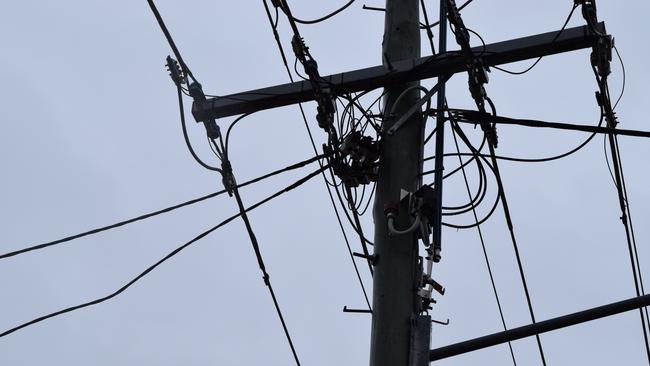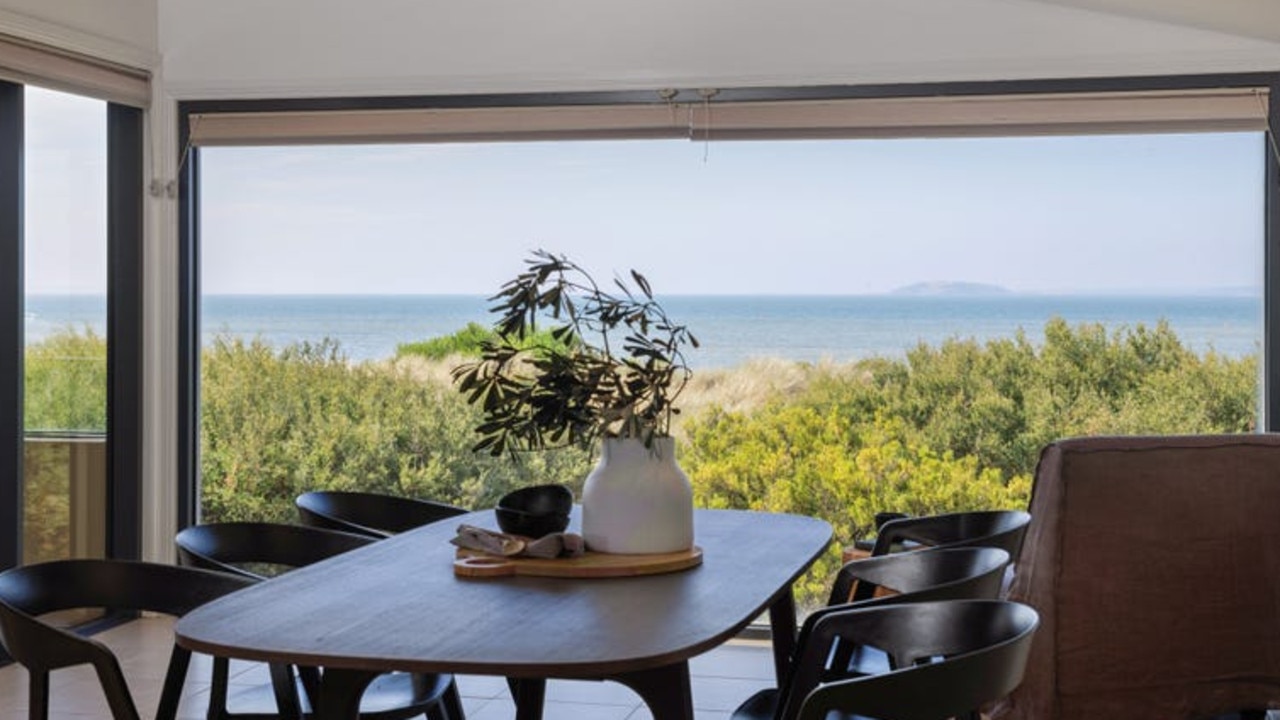Plans to make Bass Coast’s energy supply renewable have been deemed not financially feasible
A study has found a proposal to make Bass Coast’s energy supply more stable through renewables would cost the community too much. Read the details.

Bass Coast News
Don't miss out on the headlines from Bass Coast News. Followed categories will be added to My News.
A study has found a proposed network of street level batteries on Phillip Island wouldn’t be financially feasible.
The battery network was part of a proposal to boost the capability of the electricity network on the island to host larger volumes of renewable power on the grid.
But a study carried out by Energy Innovation Co-operative, Mondo and Totally Renewable Phillip Island found a community ownership model of the battery network would not be viable due to the upfront capital costs, which could extend up to nearly $4m.
“Traditional community-based fundraising activities are unlikely to be able to meet this need,” the report read.
“The high capital outlay cannot be realised within the life of the batteries.
“The project was hoping that a community ownership model would be possible to address social inequity in access to renewable energy.”
A third party ownership model, where a power company may own the batteries, was also explored but was found to be unlikely due to the financial risk.
“It is not financially realistic due to a potentially poor return on the owner’s investment,” the report read.
The network of low voltage batteries would have been installed around the island and then the energy would have been fed into the grid to be used by homes.
“The role of community batteries is seen as important in supporting this increased solar take up while addressing related grid stability issues and important community-based energy reliability needs, in the face of bushfires and severe weather events,” the report read.
Low Voltage batteries are energy storage devices that operate typically around 415V-three phase and connect to the low voltage part of the network.
This can assist with energy supply in peak times, storing excess solar generation and improve reliability of power supply.
Rhyll, Smiths Beach, Ventnor, Newhaven, Cape Woolamai and Cowes were all pegged as locations for the batteries to be installed.
Despite the report findings Bass Coast Council has stood by its commitment to reaching net zero emissions by 2030.
“Council commends TRPI on their initiative in undertaking this feasibility study,” a spokesman said.
“Generating and storing more renewable energy locally will help to ensure a more reliable and affordable energy supply for households and businesses.”
The project was one of a few battery projects proposed for the Bass Coast area, to try and make the area’s energy totally renewable.
A state government grant of more than $500,000 from DELWP’s Neighbourhood Battery Initiative helped to fund the study.
A large community battery, dubbed the ‘Phillip Island Community Energy Storage System’ (PICESS), was part of these proposals and was approved in December.




